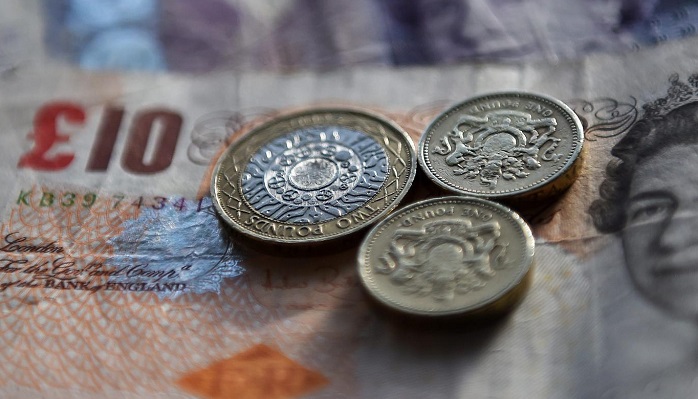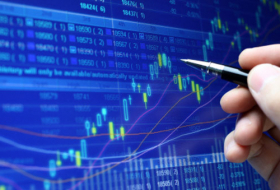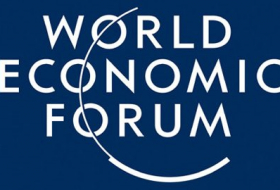Consumer prices rose 2.4 per cent year-on-year, down from the 2.7 per cent rate in August and below the expectations of City analysts of 2.6 per cent.
The Office for National Statistics said on Wednesday that food prices were the main downward pull on prices.
There was also downward pressure from clothing and transport.
Core inflation, which strips out volatile food and fuel prices, declined to 1.9 per cent from 2.1 per cent in August.
The Bank of England raised interest rates to 0.75 per cent in August to curb what it saw as building inflationary pressure in the UK economy.
Sterling fell to $1.3140 against the dollar in the wake of the data on Wednesday, down 0.33 per cent on the day, as traders adjusted bets on the timing of the next rate rise from the Bank.
Against the euro the pound was down 0.24 per cent at €1.1362.
“September’s drop reinforces belief that August likely marked the 2018 peak in inflation, but it could prove relatively sticky in the near term,” said Howard Archer of the EY Item Club.
“This is likely to be the consequence of a higher oil price, previously announced rises in domestic energy prices and recent sterling weakness.”
"With inflation in line with the Bank of England’s forecast, and measures of domestically generated cost pressures, such as core inflation and services inflation falling back, this reduces any pressure on the [Bank of England] to act again before it can assess the likely impact of the Brexit negotiations," commented Andrew Wishart of Capital Economics.
According to the ONS, factory gate prices rose to 3.1 per cent in September, up from 2.9 per cent in August, while industrial input prices were up 10.3 per cent.
Separately, it reported that annual UK house price inflation in August eased to 3.2 per cent, down from 3.4 per cent in July.
The ONS reported on Tuesday that average wages, excluding bonuses, were up 3.1 per cent in August, the highest in almost a decade.
Economists said that moderating inflation will increase the purchasing power of those nominal wage increases, helping to boost consumption.
The Independent
More about: Pound















































